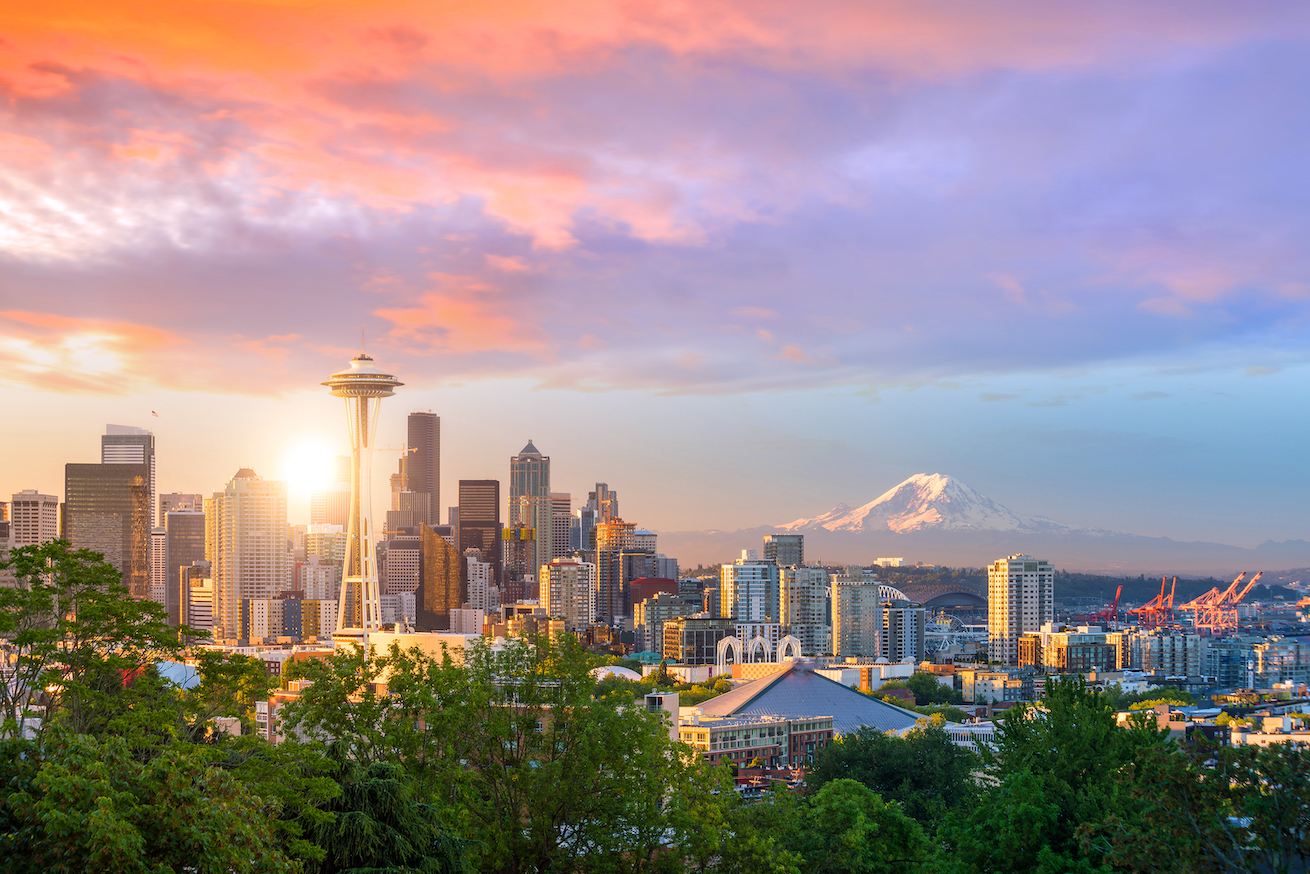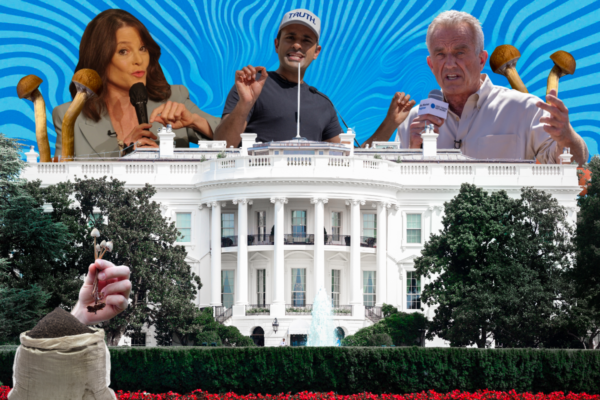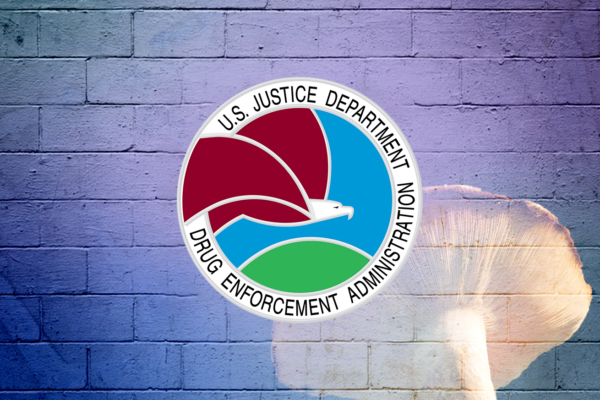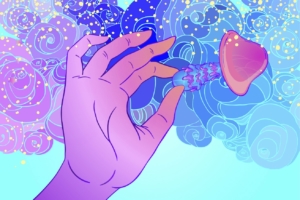
Seattle, Washington has become the latest and largest city in the United States to decriminalize the non-commercial cultivation, possession, and personal use of a range of plant and fungi-derived psychedelics.
The Seattle City Council yesterday unanimously approved a resolution that declared: “the investigation, arrest, and prosecution of anyone engaging in entheogen-related activities should be among The City of Seattle’s lowest law enforcement priorities.”
The resolution also requests that the Seattle Police Department develop and codify policies that protect individuals who cultivate entheogens for use in religious, spiritual, healing, or personal growth contexts, or to share with others without financial consideration, from arrest or prosecution.
Finally, the resolution requests that the Office of Intergovernmental Affairs – an organization that promotes the interests of the City of Seattle with local, regional, tribal, state, federal, and international governments – add to its 2022 legislative session agenda support at the state level for the decriminalization of entheogens.
In the resolution, entheogens are defined as, “any living, fresh, dried, or processed plant or fungal material, including teas and powers, that contain currently scheduled or analog psychoactive indolamines, tryptamines, or phenethylamines.” This means the policy is limited to natural substances, including psilocybin, ibogaine, ayahuasca, and non-peyote-derived mescaline. However, it does not include peyote, or synthetic drugs, such as LSD.
During the council meeting, the councilmember who sponsored the resolution, Andrew Lewis, noted there was disagreement over the inclusion of peyote in the resolution. “There’s no doubt or disagreement that peyote is a scared resource to the Indigenous people of the South-Western United States, who have lived in good relation with peyote for thousands of years,” he explained.
“But because there is disagreement over how to reverse the century-long decline in peyote, the appropriative use of it, and whether increased access or isolation is the best approach, for now in this resolution, myself and the stakeholders at our local chapter of Decriminalize Nature have decided to keep peyote out of [the resolution].”
Prior to the vote, Lewis also explained that he was personally motivated to bring this resolution forward after speaking with members of the community whose lives have been improved by psychedelics. “These non-addictive natural substances have real potential in clinical and therapeutic settings to make a really significant difference in people’s lives,” he said. “This resolution really sets the stage as the first significant action in the state of Washington to move this policy forward.”
The passing of this resolution comes after Seattle in June tasked its new Overdose Emergency and Innovative Recovery Task Force with exploring the decriminalization of psychedelics to treat mental health conditions and hopefully reduce incidents of opioid-related deaths in the city.
In September, this task force recommended the widespread decriminalization of all drugs. In decriminalizing some or all entheogens, Seattle joins several other American jurisdictions including the state of Oregon; Oakland, California; Santa Cruz, California; Denver, Colorado; Ann Arbor, Michigan; and Washington, D.C. Detroit, Michigan may be next, with voters in the city set to have their say on the decriminalization of the personal possession and therapeutic use of entheogenic plants in a November ballot.





